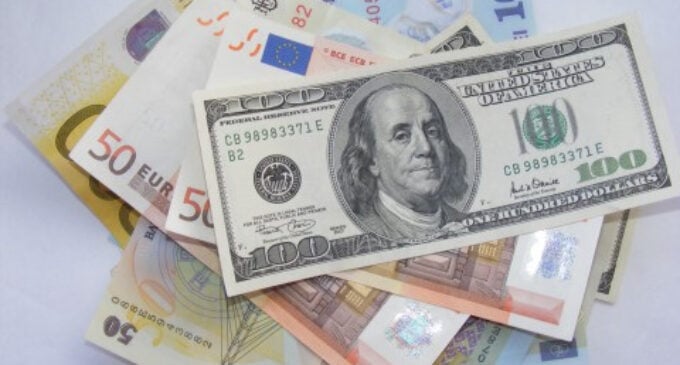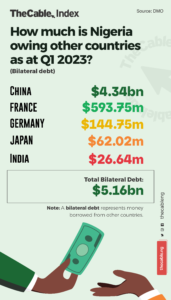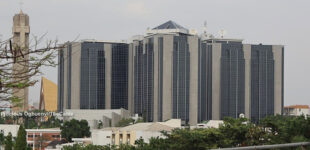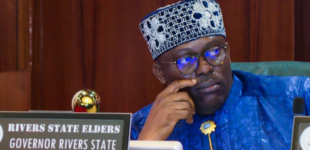Here’s how much Nigeria is owing other countries in 2023

On Friday, the Debt Management Office (DMO) published its quarterly debt report, stating that Nigeria’s total public debt — federal and state governments — hit N49.85 trillion at the end of the first quarter (Q1) of 2023.
The latest figure increased by N3.60 trillion from the sum of N46.25 trillion recorded at the end of December 2022.
Nigeria’s debt is divided majorly into external and domestic debt. The external debt is in four major categories (agreements): multilateral, bilateral, commercial, and promissory notes.
The multilateral category is the external debt burden to international financial institutions (IFIs) such as the International Monetary Fund (IMF) and the World Bank, while the bilateral category represents money borrowed from other countries or governments.
CHINA IS NIGERIA’S LARGEST CREDITOR
According to the DMO, the five countries Nigeria is indebted to are China, France, Japan, India, and Germany.
The agency said Nigeria owes these five countries a total of $5.16 billion as at March, 2023, marking an increase of 2 percent compared to the $5.07 billion in December 2022.
In the quarter reviewed, DMO said Nigeria has borrowed $4.34 billion from China through the Exim Bank of China. The loan is 84 percent of the country’s total bilateral debt, implying that the Asian nation is Nigeria’s largest creditor.
In close proximity are France, with a $593.75 million loan to Nigeria through its Agence Francaise Development; and Germany ($144.75 million) through Kreditanstalt Fur Wiederaufbua.

Others are Japan’s $62.02 million, through the Japan International Cooperation Agency, and India’s $26.64 million, through the Exim Bank of India.
CAN CHINA TAKE OVER ASSETS IN NIGERIA IN THE EVENT OF LOAN DEFAULTS?
There has been strong opposition mounted against the federal government stemming from its incessant borrowings from China. With Nigeria’s increasing indebtedness to the Asian lender, it is believed that her sovereignty could be seriously impacted, in addition to the potential pressure that huge debt burdens often have on economies.
According to the African Development Bank, Chinese loans are considered as being less bureaucratic and more welcoming than their Western counterparts, but there are massive gaps in how these loans are structured, hence the concerns about the security of Nigeria’s assets.
On the question of whether China can take over assets in Nigeria in the event of a default, the DMO said Africa’s biggest economy usually plans for its debt servicing every year.
Also, the debt office said all external loans are reviewed by legal officers from the Federal Ministry of Justice, and the legal opinion of the attorney-general of the federation and the minister of justice is obtained before any external loan agreement is signed.
“Nigeria explicitly provides for debt service on its external and domestic debt in its annual budgets. In effect, this means that debt service is recognised and payment is planned for,” the DMO said.
“In addition, a number of the projects being (and to be) financed by the loans are either revenue generating or have the potential to generate revenue.”












There are no comments at the moment, do you want to add one?
Write a comment